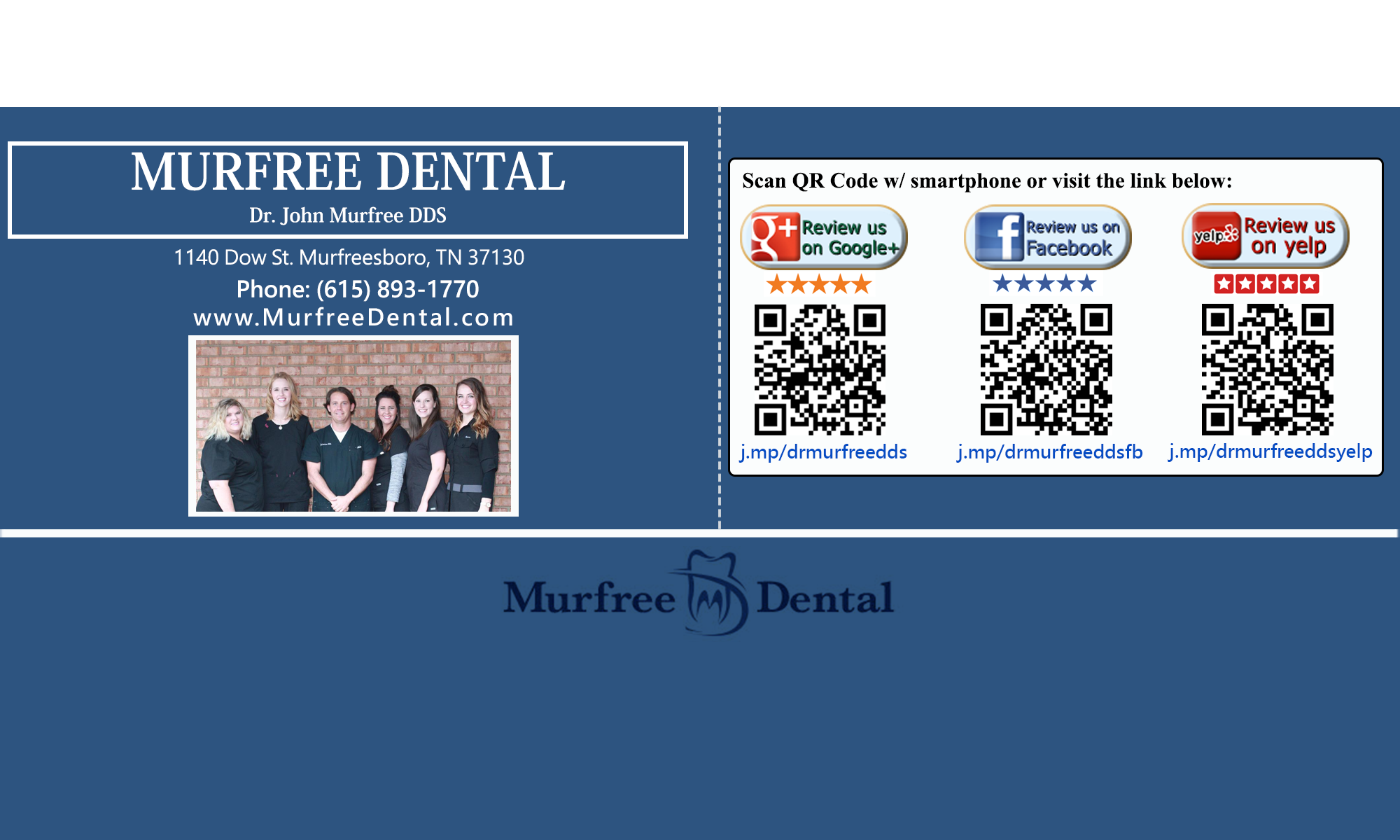Eating the right food plays an important role in developing healthy teeth and gums.
If your diet lacks certain nutrients, it may be more difficult for tissues in your mouth to fight infection and this can contribute to gum disease.
Although poor nutrition does not cause gum disease directly, the disease may progress faster and could be more severe in people with diets which are low in nutrients.
The U.S. Department of Agriculture makes recommendations on the nutrients, vitamins and minerals needed by your body – including your teeth and gums – to promote health and prevent disease.
We have different needs at various stages life and depending on our physical activity. The DOA website provides more information and your dentist will be able to discuss how your diet affects your teeth.
Here are some steps you can take to make sure what you eat doesn’t harm your teeth.
– Maintain a healthy diet
– Drink plenty water
– Limit the number of between-meal snacks. When you must snack, choose nutritious foods that are low in sugar
– Keep a food diary for a week recording every item you eat and drink
It will also help if you brush your teeth twice a day and floss regularly. Schedule regular dental checkups and professional cleanings and talk to your dentist about how your diet affects your teeth.
